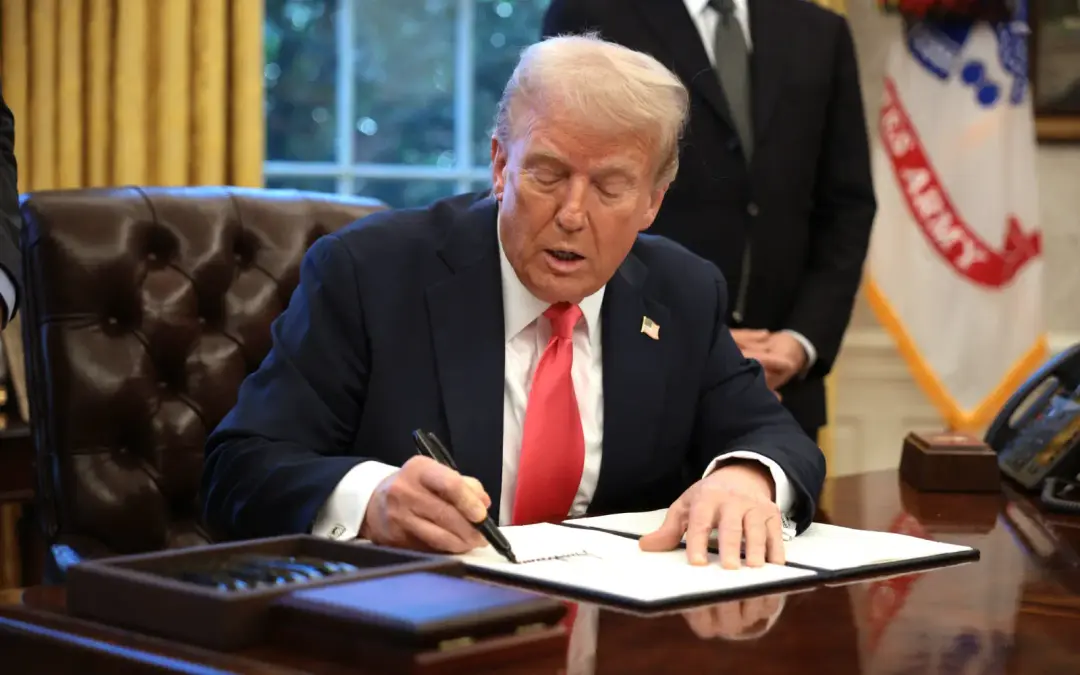On July 16, 2025, President Donald Trump signed the Halt All Lethal Trafficking of Fentanyl (HALT Fentanyl) Act into law, marking a significant federal effort to address the escalating opioid epidemic across the United States.
The legislation permanently classifies all fentanyl-related substances (FRS) as Schedule I narcotics under the Controlled Substances Act, placing them among the most dangerous drugs with no accepted medical use. This move grants law enforcement broader authority to prosecute trafficking offenses and imposes mandatory minimum prison sentences—five years for possession of 10 grams and ten years for 100 grams or more.
The bill received bipartisan support in both chambers of Congress and was backed by law enforcement associations and advocacy groups representing families affected by fentanyl-related deaths. During the signing ceremony at the White House, President Trump emphasized the law’s role in delivering justice and protecting communities:
“We’ll be getting the drug dealers, pushers, and peddlers off our streets, and we will not rest until we have ended the drug overdose epidemic”.
The HALT Fentanyl Act also aims to close loopholes exploited by drug cartels that manufacture synthetic analogs to evade prosecution. By criminalizing fentanyl analogs as a class, the law seeks to deter the creation of new compounds designed to skirt existing regulations.
While hailed by many as a decisive step, critics have raised concerns about the expansion of mandatory minimums and the potential for disproportionate impacts on marginalized communities.
The opioid crisis continues to claim tens of thousands of lives annually, with synthetic opioids like fentanyl responsible for nearly 73,000 deaths in 2023 alone. The HALT Fentanyl Act represents a renewed federal commitment to curbing the flow of these lethal substances and supporting affected families nationwide.



